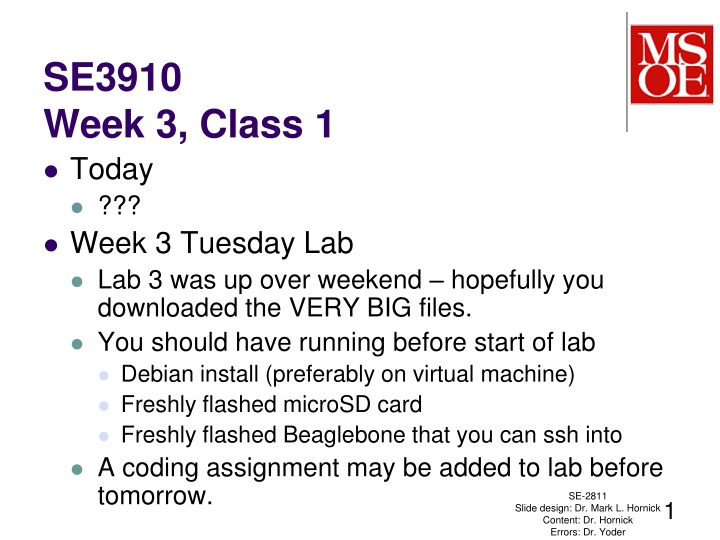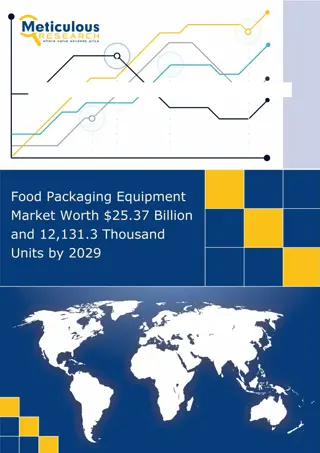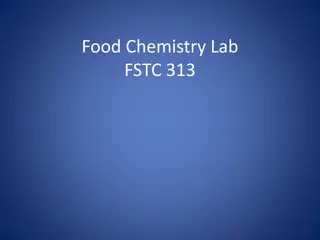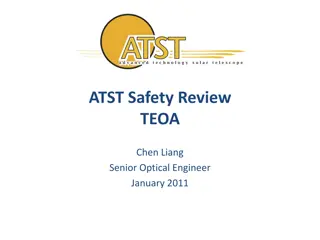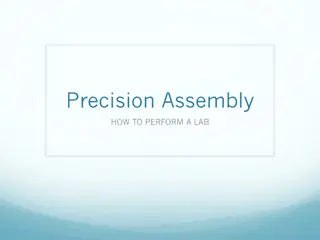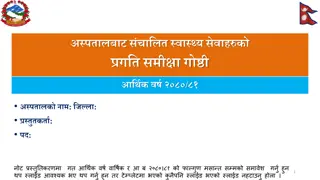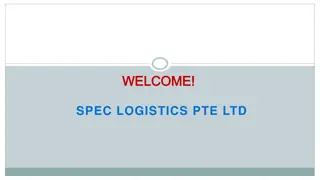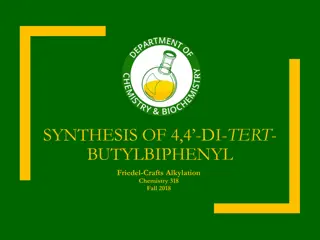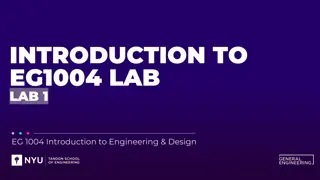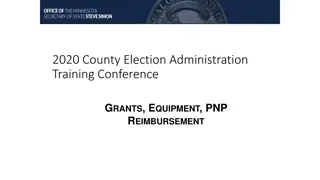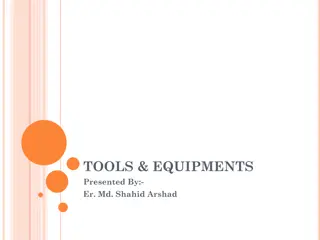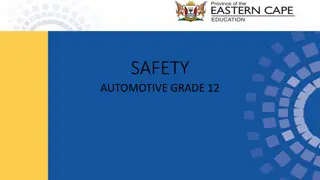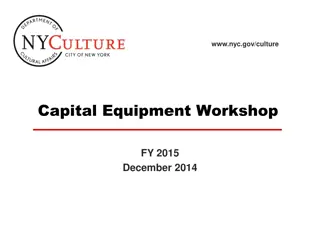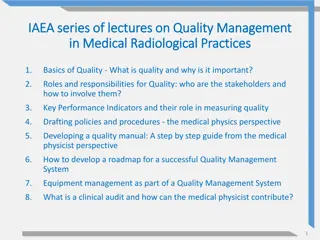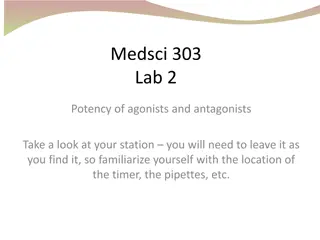SE3910 Class 1: Lab and Equipment Reminder
In this class, Lab 3 is discussed along with the equipment reminder for the week. Topics include real-time and embedded systems, resistor resistance, circuit analysis, and unary operators in C, Java, and C#. Get ready for a hands-on learning experience!
Download Presentation

Please find below an Image/Link to download the presentation.
The content on the website is provided AS IS for your information and personal use only. It may not be sold, licensed, or shared on other websites without obtaining consent from the author.If you encounter any issues during the download, it is possible that the publisher has removed the file from their server.
You are allowed to download the files provided on this website for personal or commercial use, subject to the condition that they are used lawfully. All files are the property of their respective owners.
The content on the website is provided AS IS for your information and personal use only. It may not be sold, licensed, or shared on other websites without obtaining consent from the author.
E N D
Presentation Transcript
SE3910 Week 3, Class 1 Today ??? Week 3 Tuesday Lab Lab 3 was up over weekend hopefully you downloaded the VERY BIG files. You should have running before start of lab Debian install (preferably on virtual machine) Freshly flashed microSD card Freshly flashed Beaglebone that you can ssh into A coding assignment may be added to lab before tomorrow. SE-2811 1 Slide design: Dr. Mark L. Hornick Content: Dr. Hornick Errors: Dr. Yoder
Equipment (Reminder) Last week: Purchase 4GB or greater micro SD card Used Lab 3 (Optional) Tools e.g. needle-noise pliers Check out short-term Kit (breakout board, breadboard cape, LCD cape, USB Oscilloscope) Small parts (also may desire to purchase) SE-2811 Dr.Yoder 2
Exercise Select all that are real-time systems Video Game Aircraft Autopilot Refinery Process Control Cash Register Smartphone a. b. c. d. e. SE-3910 - Dr. Josiah Yoder Slide style: Dr. Hornick Much Material: Dr. Schilling 3
Exercise Select all that are embedded systems Video Game Aircraft Autopilot Refinery Process Control Cash Register Smartphone a. b. c. d. e. SE-3910 - Dr. Josiah Yoder Slide style: Dr. Hornick Much Material: Dr. Schilling 4
Ex: What is the resistance of this resistor? 5
Ex: What is the voltage across R2? SE-3910 - Dr. Josiah Yoder Slide style: Dr. Hornick Much Material: Dr. Schilling 6
Ex: Whats wrong with this simple circuit s input? SE-3910 - Dr. Josiah Yoder Slide style: Dr. Hornick Much Material: Dr. Schilling 7
C, Java, C#, unary operators Increment: ++x, x++ Decrement: x, x Address: &x Indirection: *x Positive: +x Negative: x One's complement: ~x Logical negation: !x Sizeof: sizeof x, sizeof(type-name) Cast: (type-name) cast-expression Wiki: Unary_operation 8
Exercise: Which of the following is correct? void foo(struct bar2* b); struct bar b; And then . foo((struct bar2*) b*) foo((bar2*) *b) foo((bar2*) b&) foo((struct bar2*) &b) SE-3910 - Dr. Josiah Yoder Slide style: Dr. Hornick Much Material: Dr. Schilling 9
Exercise How do you get a reference (pointer) to the first element in an array? int x[5] = {1,2,3,4,5} boolean foo(int *ip); a) foo(&x); b) foo(&x[0]); c) foo(x); d) foo(x[0]); SE-3910 - Dr. Josiah Yoder Slide style: Dr. Hornick Much Material: Dr. Schilling 10
Exercise How do you get a reference (pointer) to the second element in an array? int x[5] = {1,2,3,4,5} boolean foo(int *ip); a) foo(&x+1); b) foo(&x[0]); c) foo(x+1); d) foo(x[0]); e) foo(&(x+1)); Slide style: Dr. Hornick Much Material: Dr. Schilling SE-3910 - Dr. Josiah Yoder 11
Conditional Compilation #define DEBUG #ifdef DEBUG #endif #define LEVEL 5 #if LEVEL > 0 #endif SE-3910 - Dr. Josiah Yoder Slide style: Dr. Hornick Much Material: Dr. Schilling 12
Waveform Terminology Amplitude Peak-to-peak voltage Peak voltage (alternative defs) Period Frequency (review) SE-3910 - Dr. Josiah Yoder Slide style: Dr. Hornick Much Material: Dr. Schilling 13
An Oscilloscope SE-3910 - Dr. Josiah Yoder Slide style: Dr. Hornick Much Material: Dr. Schilling 14
Exercise: What is the time delay between the two falling edges? SE-3910 - Dr. Josiah Yoder Slide style: Dr. Hornick Much Material: Dr. Schilling 15
Exercise: What is the time delay between the two falling edges? 5 ms / Div SE-3910 - Dr. Josiah Yoder Slide style: Dr. Hornick Much Material: Dr. Schilling 16
Exercise: What is the rise-time of this signal? 1 Volt/div 1 ms/div 0 SE-3910 - Dr. Josiah Yoder Slide style: Dr. Hornick Much Material: Dr. Schilling 17
Sketching Waveforms Sine wave Effect of changing Amplitude Frequency Phase (time shift) Square wave Sawtooth wave(s) Random wave SE-3910 - Dr. Josiah Yoder Slide style: Dr. Hornick Much Material: Dr. Schilling 18
[Did not go beyond here in 2-3 class] SE-2811 Dr. Yoder 19
Technical Goals How does one control the speed of a motor? How does one change the brightness of a light-bulb? SE-3910 - Dr. Josiah Yoder Slide style: Dr. Hornick Much Material: Dr. Schilling 20
Pulse-Width-Modulation in traffic SE-3910 - Dr. Josiah Yoder Slide style: Dr. Hornick Much Material: Dr. Schilling 21
Pulse-width modulation terminology Determine the duty cycle (D) Multiply the duty cycle by the peak voltage (Vp) D T = = = SE-3910 - Dr. Josiah Yoder Slide style: Dr. Hornick Much Material: Dr. Schilling V D V V 22 eff P p T
In-class exercise How can you control the brightness of an LED, using tools we have discussed so far? How would you accomplish this if you went into lab right now? SE-3910 - Dr. Josiah Yoder Slide style: Dr. Hornick Much Material: Dr. Schilling 23
Advantages of Pulse-Width Modulation Click to add text SE-3910 - Dr. Josiah Yoder Slide style: Dr. Hornick Much Material: Dr. Schilling 24
Muddiest Point Wait for the slides, or follow this link to answer both questions at once: http://bit.ly/1Mow5a3 SE-2811 Dr.Yoder 25
http://bit.ly/1Mow5a3 SE-2811 Dr. Josiah Yoder 26
http://bit.ly/1Mow5a3 SE-2811 Dr. Josiah Yoder 27
References EB: Derek Malloy, Exploring Beaglebone, Wiley, 2015 SE-2811 28 Slide design: Dr. Mark L. Hornick Content: Dr. Hornick Errors: Dr. Yoder
